The purpose of this article is to explore what chronic stress is, how do you identify it, and the medical effects that can result from it. This blog also describes ways to cope with stress, including medical treatments, along with when to consult a doctor.
What is chronic stress disorder?
Chronic Stress includes a feeling of constant, prolonged, and negative stress that adversely affects your health if untreated. You may experience it with everyday difficulties at home or at work or as a result of any traumatic situation.
Chronic stress hormones such as cortisol and adrenaline are released as a result. These hormones work as preparation to take action, for instance by increasing the heart rate and breathing. Generally, when this happens a doctor will diagnose the symptoms in person as being at a higher level of alertness or arousal.
There is a chance that a person may be exposed to a stressor on a regular basis if he or she is experiencing it constantly or frequently. In other words, In the state of arousal, the body becomes remains constant.
All body systems are affected by this, directly or indirectly. Chronic stress, which is steady over time, is not suitable for people, who evolved for acute stress, which lasts for a short time.
Before managing it, it is important to understand what chronic stress is, how it may be caused, and how it affects your entire body. There are a number of factors that can trigger stress, including psychological pressures and dangerous situations, such as work deadlines or an exam.
People usually recover from the physical symptoms associated with stress fairly quickly. Nevertheless, some people live their lives in heightened alertness as if they are constantly on alert. This is caused by chronic stress.
Read: What is Episodic Acute Stress
Chronic stress symptoms
Stress affects our bodies as well as our minds. This disease produces both mental and physical symptoms, which can negatively affect a person’s ability to live normal life day-to-day.
These symptoms vary from one person to another. There are several signs of chronic stress including:
- Aches and pains
- Decreased energy
- Difficulty sleeping / Insomnia
- Disorganized thoughts
- Fatigue
- Feeling a loss of control
- Feelings of helplessness
- Frequent illnesses and infections
- Gastrointestinal complaints
- Headaches
- Irritability
- Muscle tension
- Nervousness and anxiety
- Trouble concentrating
- Upset stomach
- Low self-esteem
Read: Stress Response Syndrome
Signs of chronic stress
The symptoms of chronic stress may not be easy to recognize. People often feel so used to it that they begin to consider it normal because it is ubiquitous and prolonged.
The following signs can help you identify this stress:
- Have you experienced mood swings or irritation often?
- Are you constantly worrying about something?
- It seems that you have no time to spend on yourself or do what you enjoy?
- Are you overwhelmed by the smallest inconveniences?
- Have you always been prone to falling ill or getting sick?
- Have you relied on unhealthy ways to cope with your stress, like alcohol?
What causes chronic stress

Modern lifestyles frequently cause this chronic stress response. From high-stress jobs to loneliness, from bustling traffic to a busy schedule, the body can experience chronic stress and perceive threats daily.
As a result, our fight-or-flight response, designed to protect us in times of life-threatening situations (like avoiding a car accident), can cause wear and tear on our bodies and make us sick, either emotionally or physically.
It is estimated that 60—80% of primary healthcare visits contain a stress-related illness. Stress management techniques and a healthy lifestyle change are two steps you can take to protect yourself from the negative impact of stress illness.
Read: Stress Cardiomyopathy
Other conditions are related to chronic stress
- Chronic stress is linked to a variety of physical and psychological conditions. The following are examples:
- These conditions include hypertension, heart disease, obesity, metabolic syndrome, type II diabetes, and arthritis.
- Behavioral addictions, such as internet, food, and gambling addictions, as well as alcohol, nicotine, and/or prescription drug addictions.
- People with chronic stress are more likely to suffer from mood disorders and anxiety disorders.
Chronic stress is linked to high blood pressure, depression, addictions, and anxiety disorders.
Types of chronic stress
There are four main types of chronic stress:
- Emotional stress (such as frustration, sadness, or anger)
- Living and working in a stressful environment
- Relationship stress (relations with friends, family, colleagues, and partners)
- Stress at work (the pressures and challenges of your job)
People are affected by these types of stresses in more than one area of their lives. Relationship stress can make managing difficult emotions more difficult. Work stress can create relationships that cause stress.
Stress can become chronic when a family faces financial hardship or a severe illness. You may not be able to afford to pay your bills, your home may be in danger of foreclosure and your stress level may increase for several months or even years.
Being constantly stressed dries up your body, causing fatigue and anxiety. Feeling worse may result if you choose unhealthy foods and exercise, and you work even harder to meet your ends. Many health issues can result from this.
We can also suffer from chronic work-related stress. We are often expected to do a lot at our jobs, and it may feel like there is never a break or that we are constantly faced with pressure to perform.
You can keep your body constantly buzzed, even when you go home to see your family when you work overtime, travel constantly, and maintain high-pressure business relationships. Continuing to be stressed can cause serious health issues such as heart disease.
Read: COVID-19 Stress
Impact
If untreated, chronic stress can adversely affect your physical and mental health and well-being. Stress can have a number of side effects, including:
- Depression
- Diabetes
- Acne
- High blood pressure
- Low drive
- Eczema
- Heart disease
- Ulcers
- Hyperthyroidism
- Weight changes
- Irritable bowel syndrome
Managing stress is essential to overall well-being. Professional treatment is often required, but relaxation techniques and self-help can also be effective. If prolonged, chronic stress leads to anxiety and depression.
Read: Complex Post-Traumatic Stress Disorder
Chronic stress vs. acute stress
An individual experiences acute stress when he or she suffers a short-term stressor. Typically, acute stress occurs after people experience a stressful event as a fight-or-flight reaction.
Acute stress disorder occurs within a month of experiencing trauma and is more serious. The symptoms of this disorder are similar to those of post-traumatic stress disorder (PTSD), although with PTSD, a diagnosis must be made after a period of at least one month has passed.
It is also possible to experience stress episodically, which means that it comes and goes over time but is inconsistent in nature. There are times when they are stressed and times when they are not stressed. Contrary to chronic stress, chronic stress is a state of being where a person feels stressed continuously throughout their life.
Chronic stress treatment

If stress is causing you a great deal of suffering or impairing your regular functioning, we advise you to seek psychiatric assistance. Getting professional help can help you chronic stress relief differently and help you learn new coping skills.
Some options are:
Psychotherapy
Cognitive Behavioral Therapy (CBT) can provide you with coping strategies to recognize destructive thought processes that lead to chronic stress. By working with a therapist, these thoughts can be replaced with ones that are realistic, helpful and practical.
Stress can be managed by learning coping techniques that will make you better able to handle it. Mindfulness-based stress reduction (MBSR) is a technique for dealing with chronic stress that uses meditation and mindfulness.
Medication
You may be prescribed medications to treat some of the symptoms of stress. The doctor may prescribe an antidepressant for patients who also experience symptoms of depression and anxiety.
Medications can also reduce stomach upset or help you sleep
Read: How to Deal with Frustration
Coping strategies for stress
It is often possible to manage stress through self-help measures. Stress management techniques should be used as soon as possible once chronic stresses are recognized in your life. There are several reasons why this works.
Quickly relieves stress
You can reverse the stress response with fast-acting techniques so that your body can recover and your mind thinks more clearly about problems rather than responding in a stressed or panicky manner.
You make better choices when you’re relaxed and confident and tend to choose measures that are more beneficial to yourself and avoid making your situation worse by creating more pressure for yourself.
Improves stress resilience
It is also important to cultivate long-term healthy habits, as they help to build resilience and give you the chance to take regular breaks from stress. This can help ensure you are not so constantly stressed that you fail to realize your stress level, which may dissuade you from taking steps to reduce your stress.
It can also protect you from the side effects of chronic stress. Some of the best habits to help promote resilience include exercising, journaling and meditating.
Develops new coping skills
You can also reduce stress by changing your response. The words “no” more often (saying it more often, too) can help reduce the number of stressful situations you will face and can both change your perspective (remind yourself of the resources and strengths you possess) and change your perspective to cope with difficult situations.
Being proactive about dealing with stress can reduce chronic stress’s long-term effects.
Related: 12 Simple Ways to Reduce Stress
When to consult a doctor
First of all, try not to cope with chronic stress alone. When self-help techniques don’t work, consider professional help.
A doctor can guide and advise you on various treatment options. Psychiatrists and psychologists are often referred to by doctors. A person affected by stress who is experiencing suicidal thoughts or who uses drugs or alcohol for coping should visit a medical professional as soon as possible.
Contact: Mental Help Resources
Wind-up
We all experience stress at some point in our daily life. Stress that lasts for a short time is generally harmless. If left untreated for too long, it becomes chronic and may cause a variety of symptoms.
In some instances, it can also lead to mental and physical disorders. These self-help methods include identifying triggers, avoidance strategies, and cultivating coping, interacting with family and friends, and practicing mindfulness.
The best course of action is to consult with a health care professional if these methods do not work.
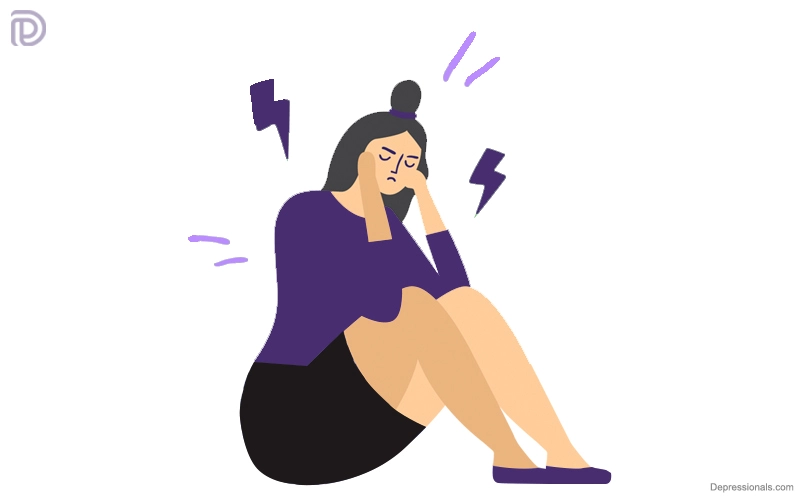
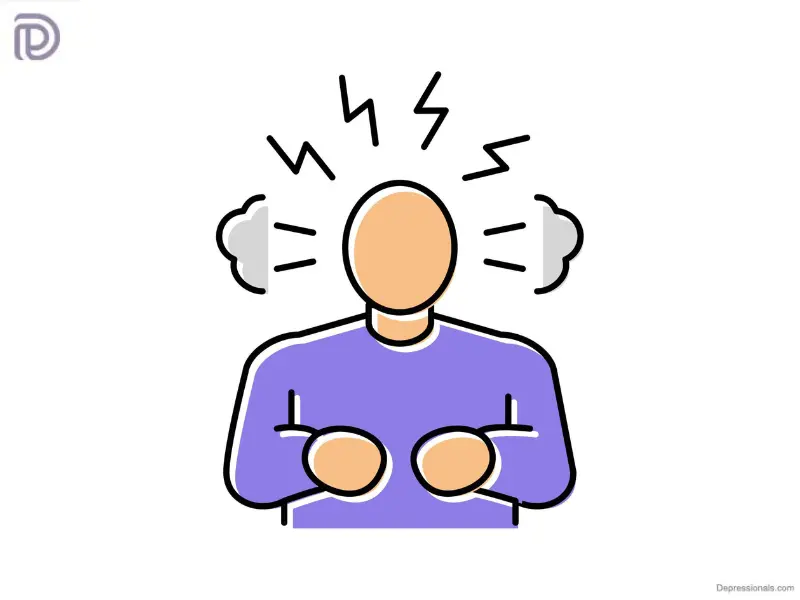
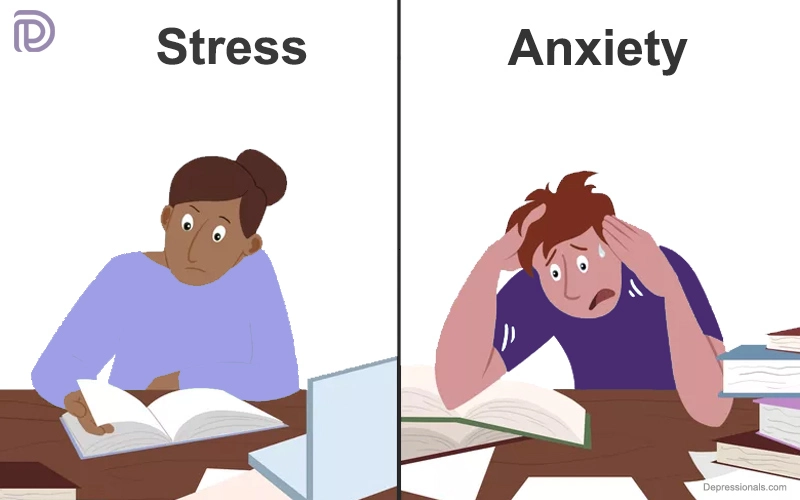
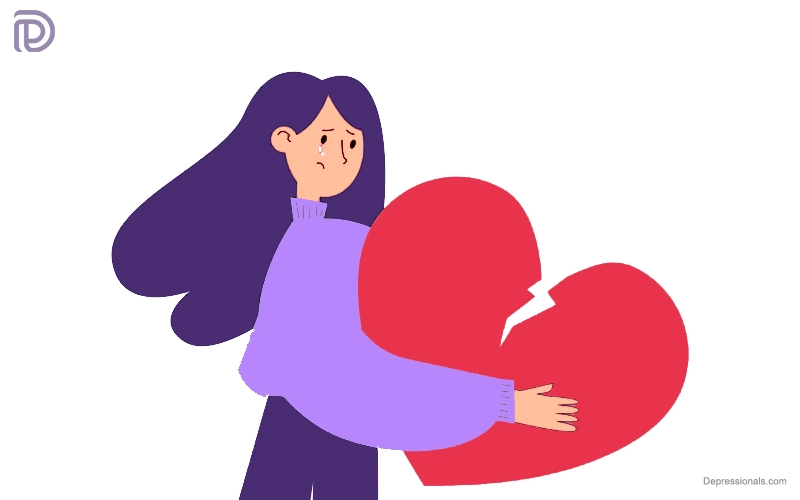
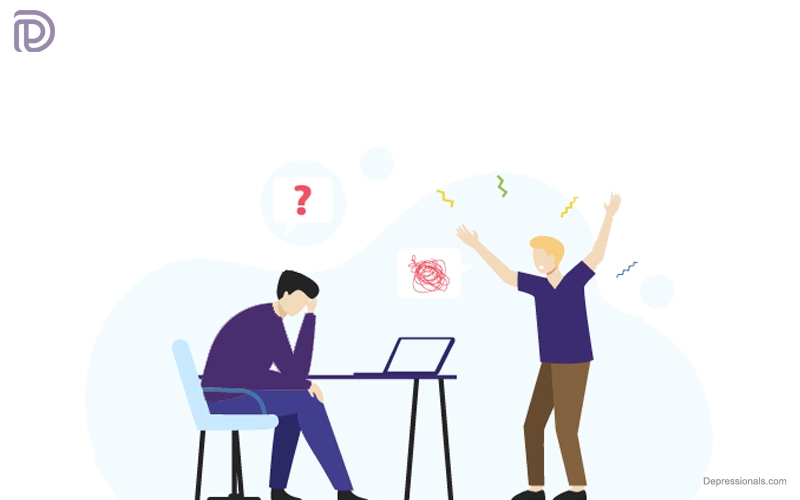

I’ve been exploring for a little bit for any high quality articles or blog posts on this kind of area . Exploring in Yahoo I at last stumbled upon this site. Reading this information So i’m happy to convey that I have a very good uncanny feeling I discovered exactly what I needed. I most certainly will make certain to don’t forget this web site and give it a glance regularly.
No matter if some one searches for his required thing, therefore he/she wants to be available that in detail, so that thing is maintained over here.